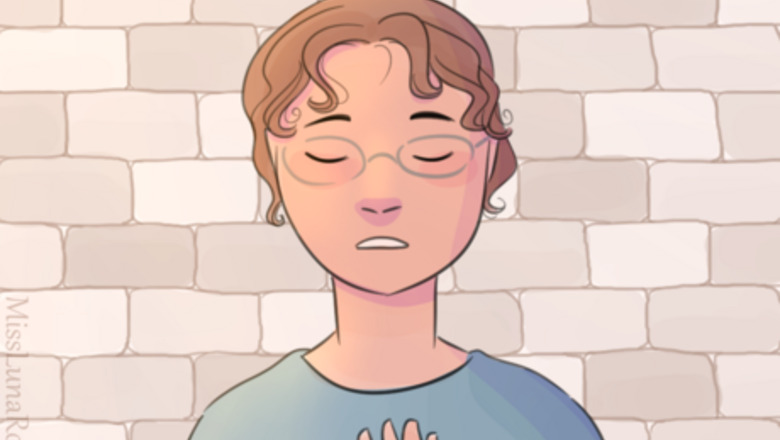
views
Handling Your Siblings
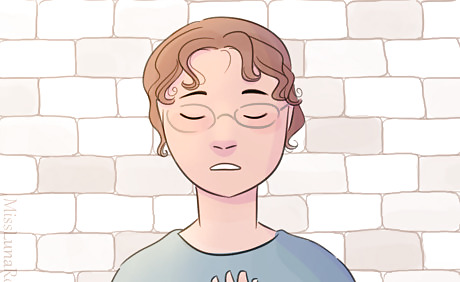
Start behaving. If you have a history of lying or hitting your siblings right back, your parents are likely to treat your words with a little suspicion. Work on being more respectful and mature, and your parents will begin trusting you more. Speak respectfully. Don't call names (even if you think your sibling deserves it). Never hit, push, or kick your siblings, even if they started it. Don't use any physical force unless it's absolutely needed for self defense.
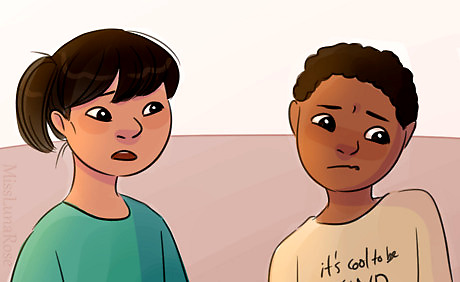
Pick your battles. If your parents see you constantly pointing out things that your siblings can get away with, they will think that you are being a tattletale or being jealous.

Be a noncombatant. Avoid engaging in conflict. If your siblings start picking fights, ignore them or give short responses (e.g. "No thanks" or "Not now"). It will be difficult for your parents to blame you when you clearly aren't contributing anything to the conflict. It may be tempting to call them names or slap them right back, but you'll probably get in trouble because you're bigger than them. Avoid giving in; remain calm and respectful.

Act infuriatingly nice. If your brother says your face is ugly, reply with "Thank you! I like your shirt." This will either make your sister or brother give up in frustration after a few unsuccessful tries, or it'll show your parents that you are making an effort not to argue.
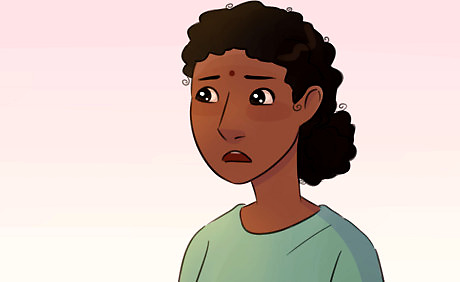
Stand up for yourself clearly and non-aggressively if your sibling continues. A firm "Please stop" or "That hurts" makes your point clear. There's no way for your sibling to continue bugging you without acting like a total jerk. If you firmly ask your sibling to stop doing something and they continue, any reasonable person would recognize that your sibling is in the wrong. If they keep doing it, keep repeating yourself, like saying "Stop hitting me," "I'm trying to study," or "Please let me be." Get louder each time if you need to. This is called the "broken record technique."
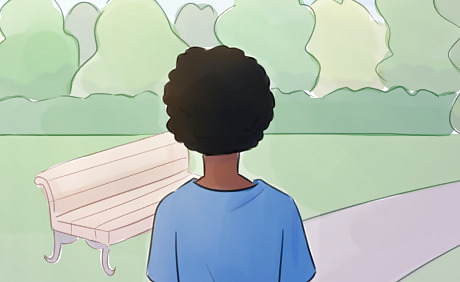
Leave if you have to. If you start getting really mad, leave before you end up doing something that gets you in trouble. Make an excuse. Take some time to relax and go to a quiet place where you can calm down. You have the right to be alone when you need it most, and if your sibling doesn't respect that, find a parent and explain what's happening. Try one of these phrases: "I'm stressed and I need to be alone." "Please let me be." "I need quiet time."
Talking to Your Parents

Be assertive if your siblings lie about your actions. Take a deep breath, and say "That's not what happened." State the truth as plainly as you can. There's no need to complain about how horribly your sibling behaved; the facts will speak for themselves. Here are examples of phrases you could use to assert yourself: "I don't know why he's crying. I didn't hit him." "Actually, I was dancing to music in my room. I don't know what happened to the cookie jar." "No, I didn't attack her. Jessi jumped at me and tried to pull my hair, so I pushed her away. I'm very sorry that she's hurt, but I didn't do it on purpose."

Tell your parents your side of the story, too. Avoid calling your sibling names (e.g. "he's an annoying psycho") and instead say what your sibling did (e.g. "I asked him to stop kicking my chair several times and he wouldn't stop"). Talk about how you feel about it, too, if you'd like. Just say facts and feelings. For example: "I asked my sister to give my lacy shirt back and she refused. I'm really upset, because I wanted to wear it and look nice when I go out with my friends. Can you help?" "Dad, when I asked Andy to take his feet off my books, he called me a fat loser and it really hurt my feelings." Talk to your siblings and find out what they are going through. Try to understand what they want to get through those acts of disrespect. For example, they may be disrespectful because they want attention or feel jealous, left out, or insecure. If you cannot sort things through a conversation, talk to your parents about it. If any correction is needed, do it nicely and avoid creating resentment.

Talk to a parent one-on-one about repeated problems. Find a quiet time, when your parent is ready to listen. Use "I" language to describe what your sibling does, and focus on how it makes you feel. Ask your parents for advice in dealing with this situation. This will let your parents know that your siblings actions are upsetting you (so they may keep a closer eye out), and you can take their advice for handling the problem better. "Sometimes Ryan hides the remote right before my favorite show comes on. It makes me feel really frustrated and disappointed because I can't watch my favorite show if I don't know where the remote is. Asking nicely doesn't work. What should I do when this happens?" "Mom, I need to talk to you about a problem. Sometimes, when you're not there, Aiyana calls me stupid because of my learning disability, and asking me to count her fingers in a very sarcastic tone of voice. It hurts my feelings a lot. Do you have any advice about how I can handle it?"

Get outside help if nothing else works. Most parents will listen to you if you speak clearly and honestly... but, rarely, some of them don't. If you have a serious problem with your sibling(s) bullying you and your parents refusing to listen, you might be able to get help from a better listener. Try talking to a school counselor, trusted teacher, friend's parent, or clergy member and asking for advice.




















Comments
0 comment